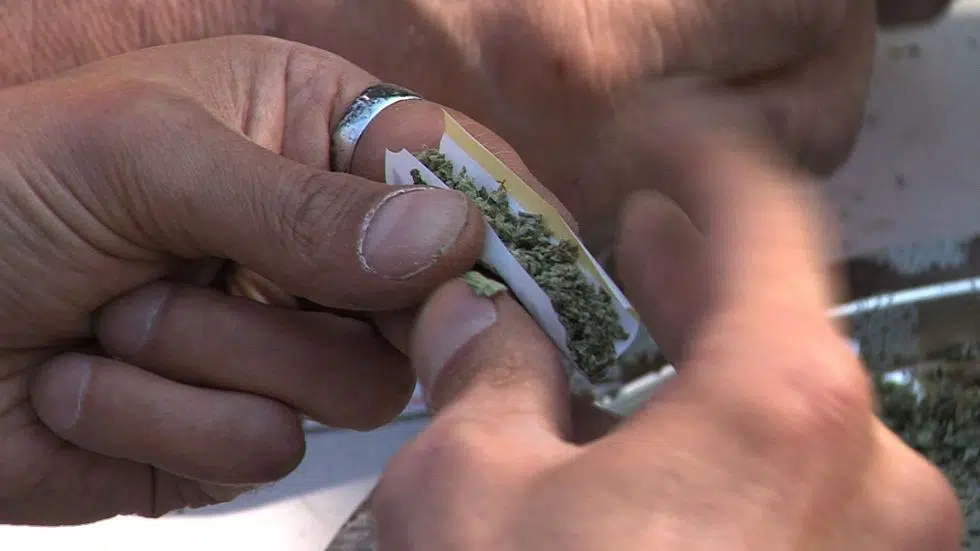
Days away from October 17, the consequences of cannabis legalization are still hazy
BY THIS TIME NEXT WEEK, we’ll all be smoking pot.
Or at least, we’ll be able to smoke pot legally, trusting of course that there are no underagers in the audience.
Hey, there’s a first time for everything.
There is reason for concern about what happens on October 17, but it’s not the kind of concern that stems from reefer madness-type hysteria.


